The year was 1980. I had the good fortune to own a copy of Bette Midler’s album The Divine Miss M. The song “Friends” repeats the lyrics, “You gotta have friends.” If you don’t know the song, please look it up on YouTube or iTunes. Maybe some of you are too young to know that in the early days of her career, Bette Midler was a diva in the gay club scenes of the 1970s. The song “Friends” expresses the deep importance of friendship for all people, but particularly for LGBTQ people. There are certain moments in our lives when having close friends—friends with whom we can reveal our emotions, confusions, losses, and joys—is paramount to our wellbeing. In between those critical moments (coming out to parents, a first love relationship, a life partner getting ill, etc.) are all the other moments when we need friends.
Over the last 30 years, life has become easier for us in many ways. For some of us (unfortunately not all), families of origin are more accepting, workplaces more friendly, and society in general is more welcoming of who we are and the gifts we bring to the world. My hope is that as LGBTQ people become more assimilated into straight culture, we do not lose the particular depth of friendships with our queer sisters and brothers. I love moving freely through the world, going anyplace and interacting with all types of people. This is so, so very important. Yet, let’s cherish our culture of queer friendships.
Although the art of friendship may be common sense and somewhat obvious, it is interesting to look at what makes for a true connection that benefits both people. The relatively new field of interpersonal neurobiology researches and explains the impact that relationships have on us. Positive relationships foster a calm, compassionate, and empathetic mind and stimulate neuronal activity and growth in the brain. We all have had the experience of being upset or feeling down and noticing we feel better after spending time with friends. But we probably did not know there were actual changes happening in our brains. These changes influence the mind, causing an improvement in mood and outlook.
Daniel Siegel, MD, writes and teaches extensively on the subject of interpersonal neurobiology. He contends that through theoretical and experiential learning about the interplay of brain, mind, and relationships, we can foster greater resiliency and wholesome mental qualities. Enriching our connections with others is powerful medicine. With that in mind, let’s look at three qualities that exist in the best of moments with our friends, partners, and family members.
Presence
The first quality is presence. Presence is being open and receptive to whatever arises within yourself and within the other person, allowing each unique experience to unfold without bias or preconceived notions. Too often we may be listening to a friend while thinking we already know what will be said. Or we spend time with someone, assuming that we know how things are going to go. This mental habit is often outside of our awareness. Simply noticing and bringing ourselves back to presence can allow for a fresh experience. This quality could be summarized as a state of openness.
Attunement
Attunement has two aspects. Internally, we place our attention on our own arisings. We tune in to what we are sensing, feeling, and thinking—not to make our case, but to be open and aware. Interpersonally, we place our attention on the other person. We listen deeply and allow the other’s story or experience to unfold without interference. Our internal state responds, allowing ourselves to be affected. This process of attunement mirrors the other, fostering the respect of differences and the cultivation of compassion. We pay attention to our own internal state as well as the experience of the other person.
Resonance
This leads to the third quality, which is resonance. With the receptivity of openness and the attunement of attention, a change occurs in both people. Take the simple experience of a smile. Someone smiles at us. With openness we attune to the quality of the smile. We are uplifted, smile back, and the person who smiled is uplifted in return. So simple and ordinary, yet so linked to our wellbeing.
A rupture occurs in our connections when one or both people are not present or attuned. Very importantly, we repair the rupture by coming into presence and attunement. This repair process builds trust, compassion, and resiliency between people.
There is a common error made when there is a rupture in our relationships. Say we are fighting with our partner or feel alienated from a friend. We erroneously believe that if we express our anger loudly, or show our unhappiness, the other person will see how miserable they are making us and change. The next time you find yourself in such a situation, ask yourself this question: “Do I want to be right, or do I want to feel connected and at peace with this person?” If the answer is the latter, then bring your awareness and intention to fostering a state of presence (openness) and attunement (attention). See what happens.
These concepts may be things that we take for granted or that go unnoticed. It can be very powerful to reflect on these aspects of interaction with the important people in our lives. With awareness, we can deepen our connections and enhance our wellbeing. As Bette sings, “You gotta have friends.” Let’s show up for each other. We all benefit. n
Tamar Zick, LPC, RYT is a licensed psychotherapist and a registered yoga teacher working within the LGBTQ community for over 20 years.

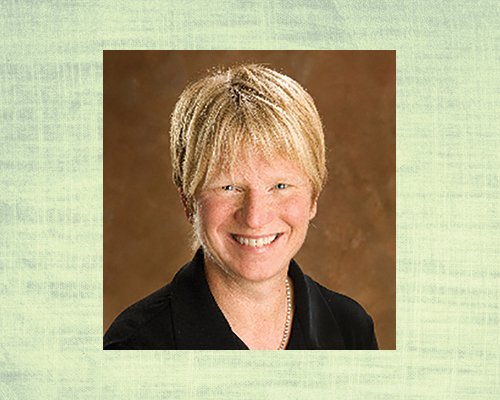



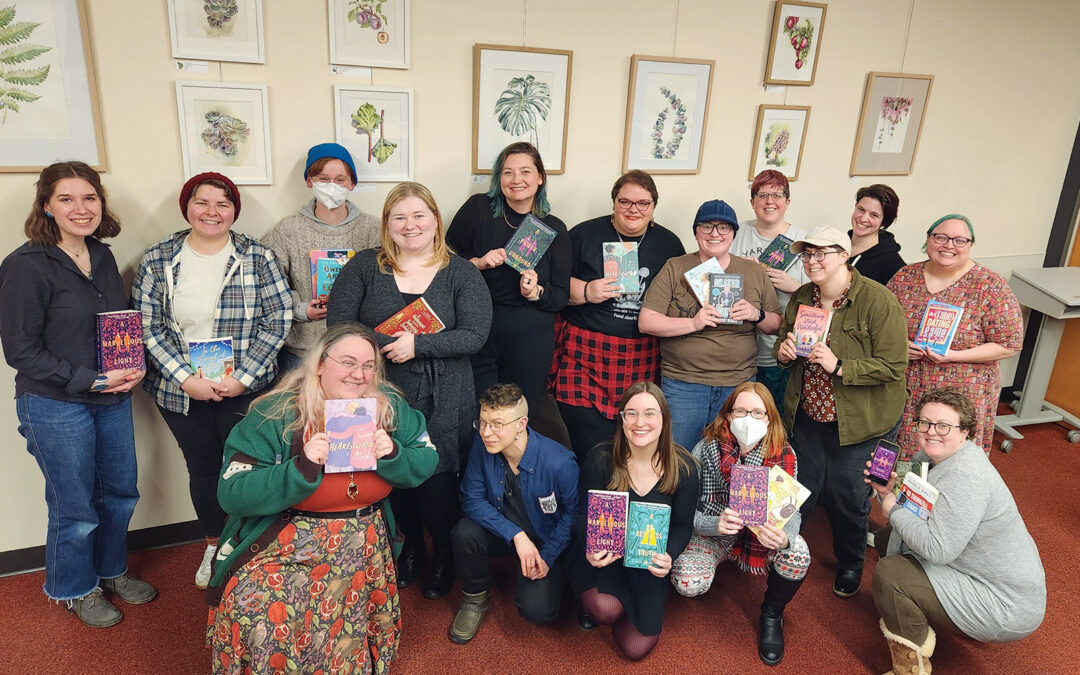
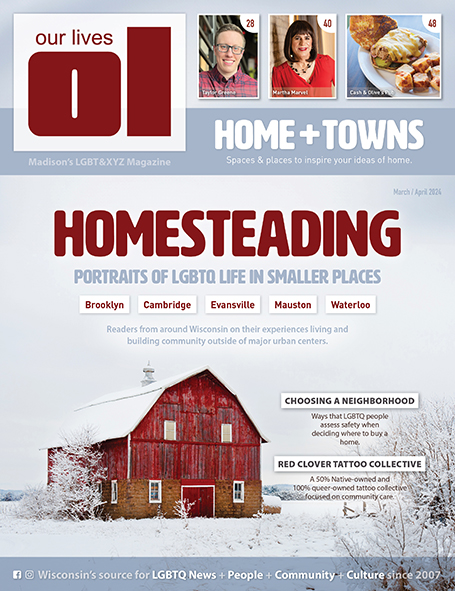
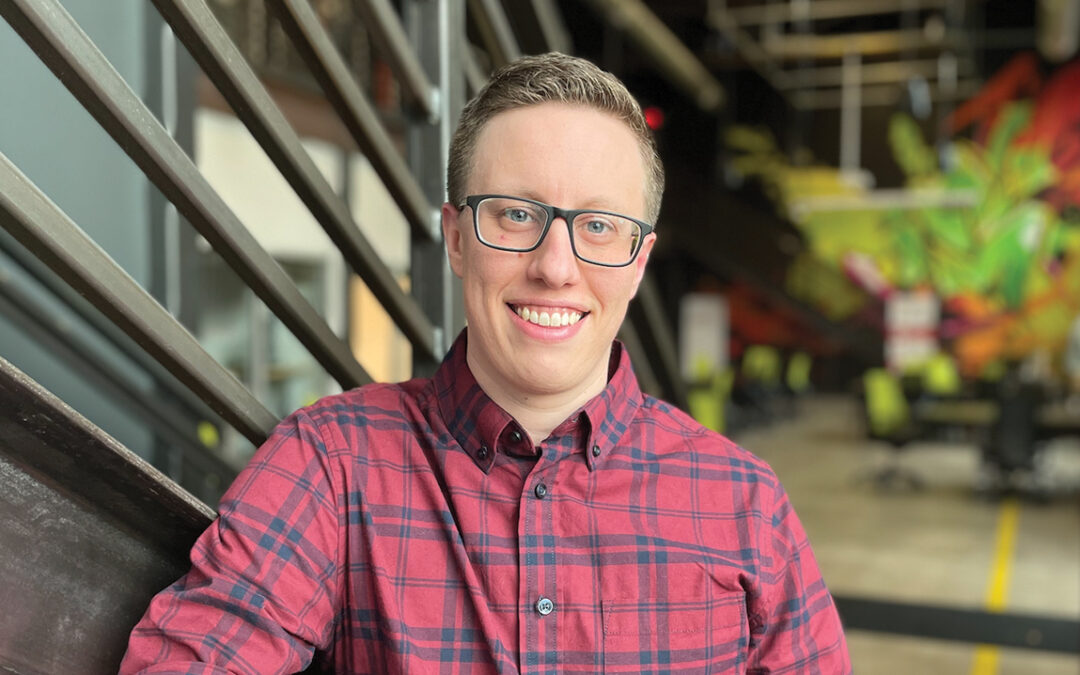
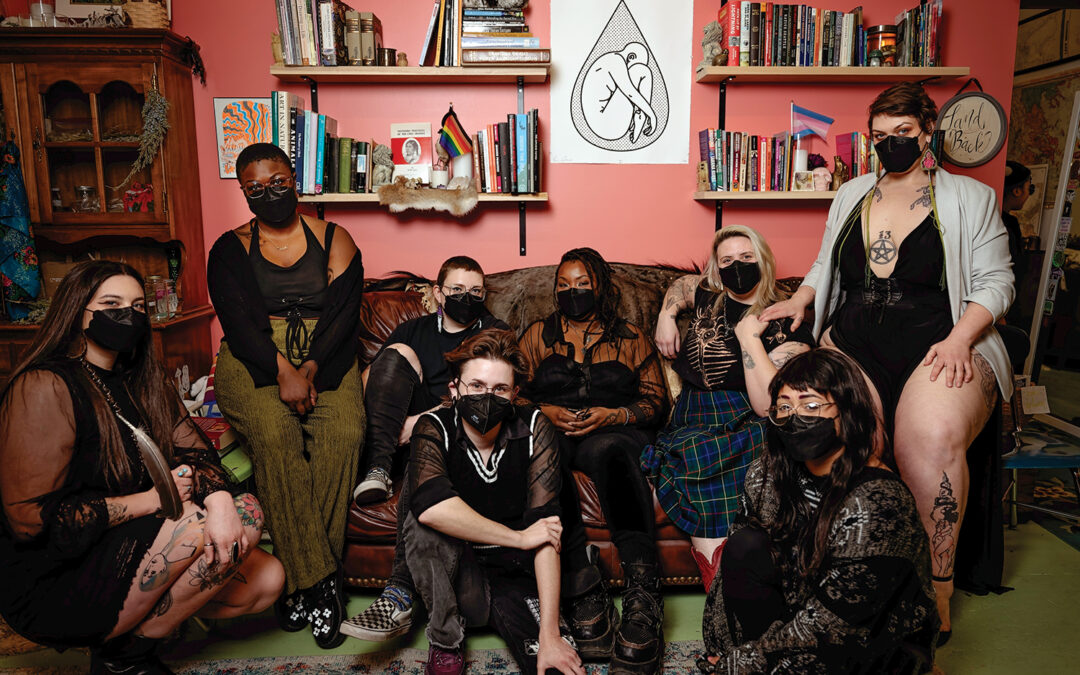
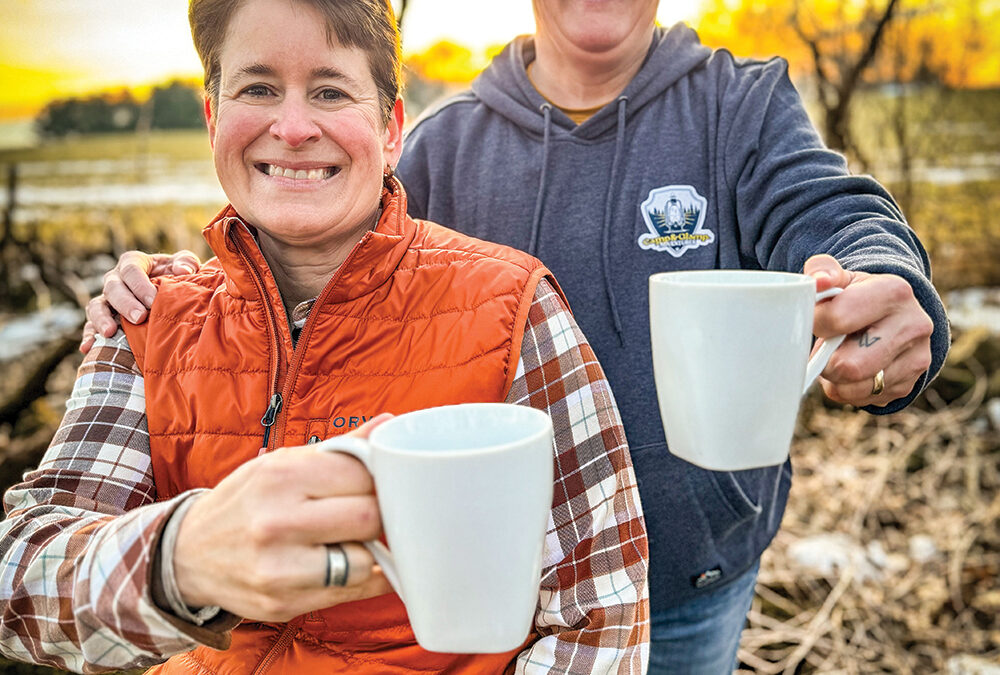
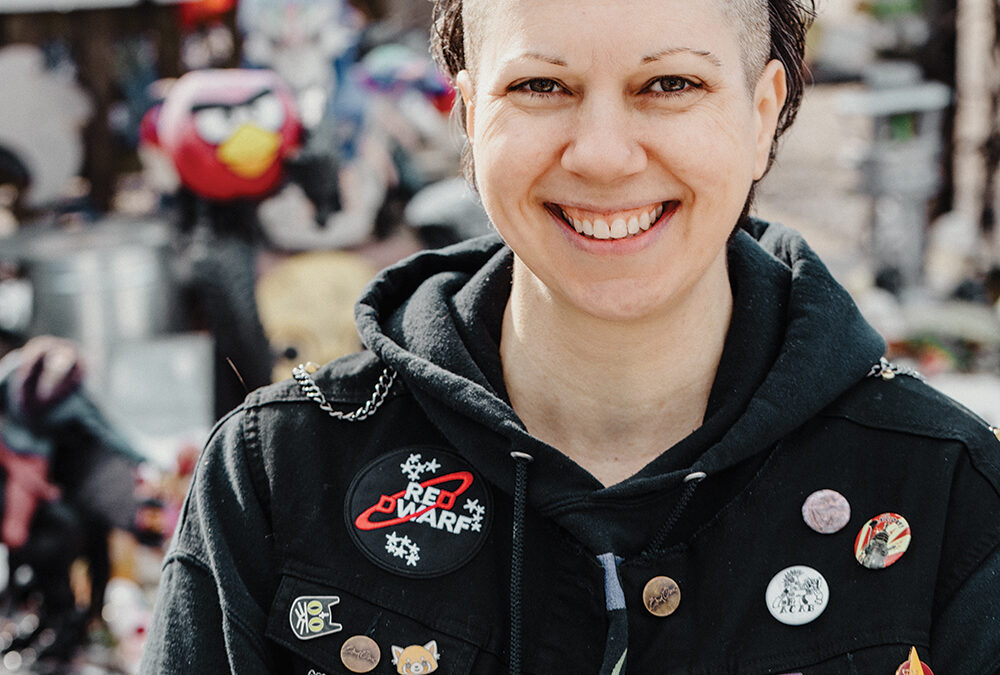
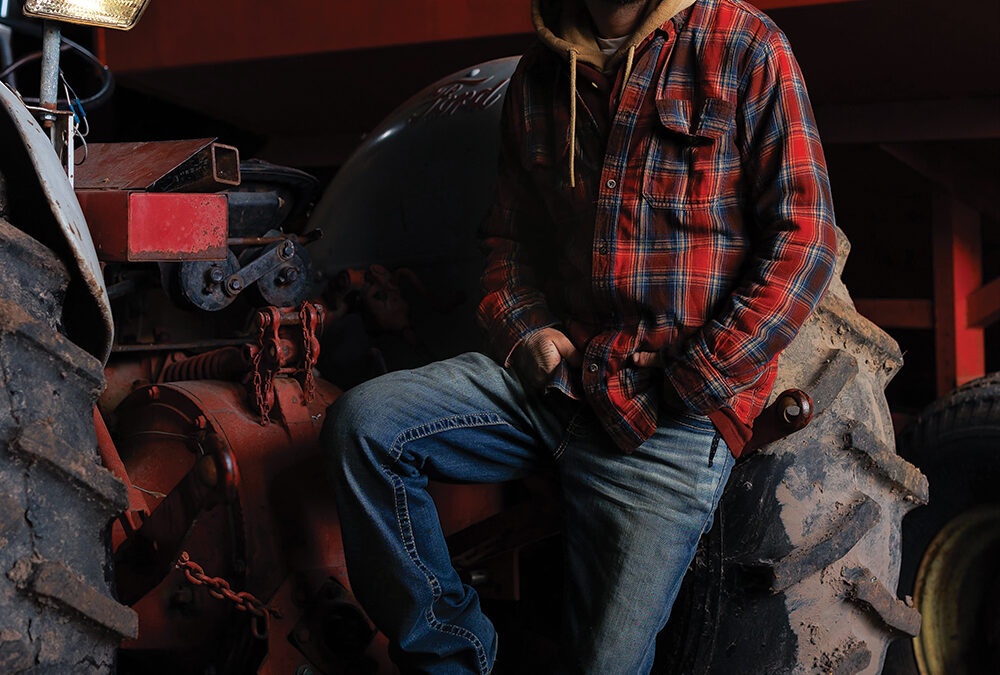

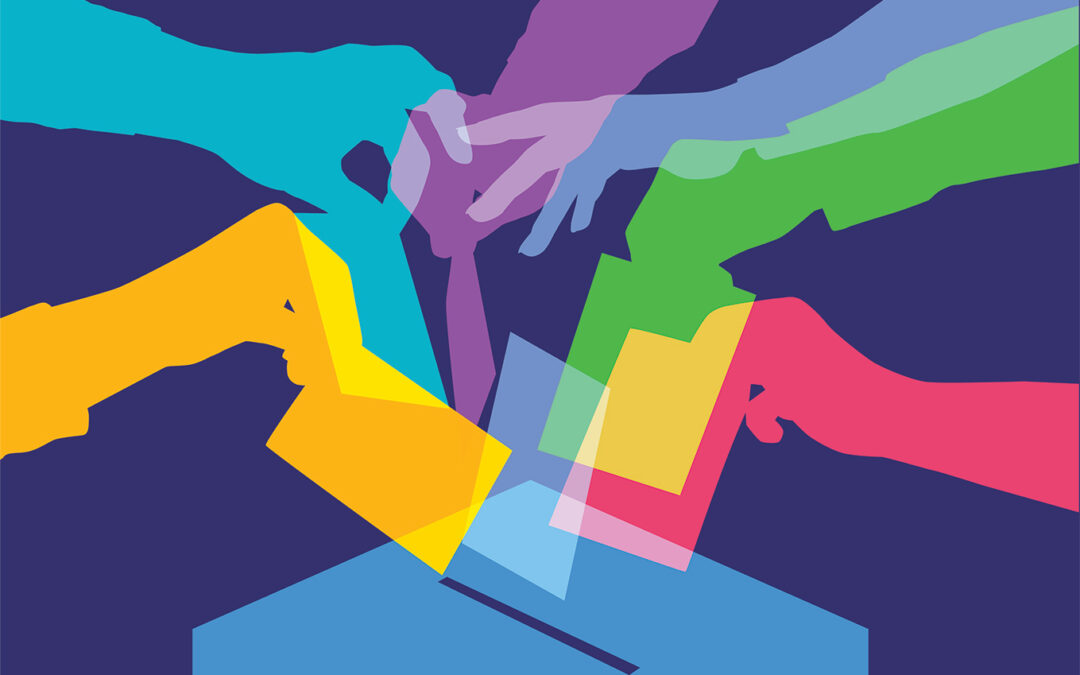
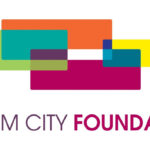




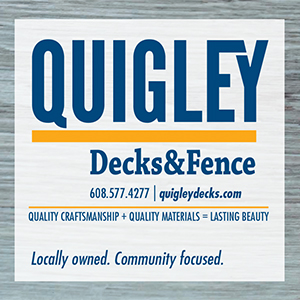



0 Comments